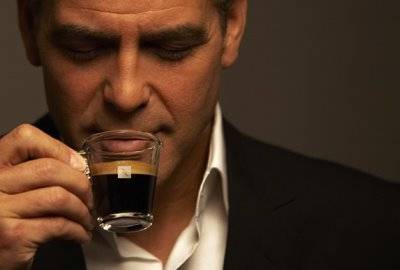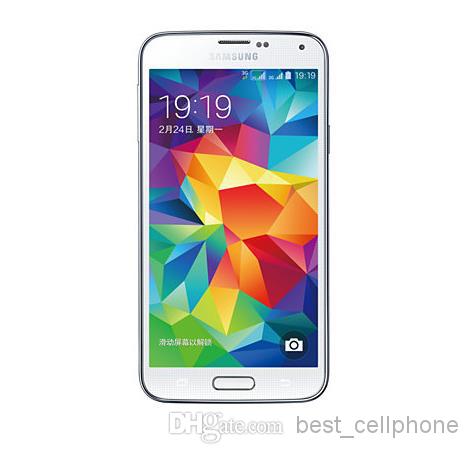The aim behind gaining celebrity endorsement for a product, event, or campaign is primarily that of increasing the public’s interest. Yet, participating in sponsorship deals or public engagement also increases the celebrity’s public exposure and profile (as well as often providing him or her with monetary compensation).
So, everybody wins in this situation. Public interest in the product or event is increased by its association with a high-profile public figure. The sponsored brand or event is therefore more likely to be featured in the media, thus reaching a much wider and less targeted audience than would be the case for a traditional advertising campaign. Furthermore, a celebrity’s endorsement of a campaign or product can – in addition to being a magnet for public attention – become a primary motivator for consumer endorsement of the same product. Careful selection of a celebrity to match the target audience for a particular product can lead to an accreditation of the product’s value.
In other words: If Beyoncé is Pepsi’s brand ambassador, then her fans will probably be more likely to reach for the same brand. If George Clooney likes Nespresso, then what else could possibly be his fans’ go-to coffee brand? The Madden Brothers’ current involvement in KFC’s Good Times Australia campaign aims to involve Good Charlotte fans in the restaurant chain’s celebration of Australia Day. Similarly, Nike’s association with top golfer Tiger Woods was crucial in enabling the brand’s successful foray into the elite market of professional golf. His credibility in the golfing world made his choice of Nike an educated one, thus creating a basis of credibility for the brand’s new golfing niche.
Particularly where long-term commitment to the same celebrity sponsor is maintained, the link between the brand and the celebrity can become established in the eyes of the public – the product, in consumers’ minds, comes to represent the celebrity, and vice versa. An example of this is high street brand Mango’s long-term engagement of British model Kate Moss. Kate Moss is hailed by women’s fashion magazines as a fashion icon, and even as the modern Coco Chanel; her military-inspired collection for Mango is therefore highly desirable as it allows shoppers to emulate her personal style.
On the other hand, the celebrity sponsoring a product or campaign gains just as much from the partnership. Increased publicity through traditional media channels and social media websites – as well as related discussions on and exposure via Twitter, Facebook, and Pinterest – can increase public knowledge (and even popularity) of the celebrity in question. Participation in charitable campaigns has the same effect of raising public profile and increasing popularity amongst fans. Examples of the latter include Nicole Kidman’s appointment as the Goodwill Ambassador for the UN Women’s Agency; Angelina Jolie’s involvement with many charities and non-profit organisations like UNICEF and Doctors Without Borders; and Matt Damon’s associations with charitable organisations such as Not On Our Watch, Celebs for Kids, and the Boys’ and Girls’ Club of America.
It is therefore rare that a celebrity will refuse a sponsorship deal – as long as celebrity and brand match up, both parties stand to gain. Carefully considered partnerships rarely hold negative consequences for either celebrities or sponsored brands. So, who does it? Everyone. And why not?
















